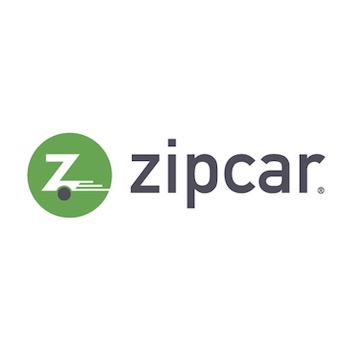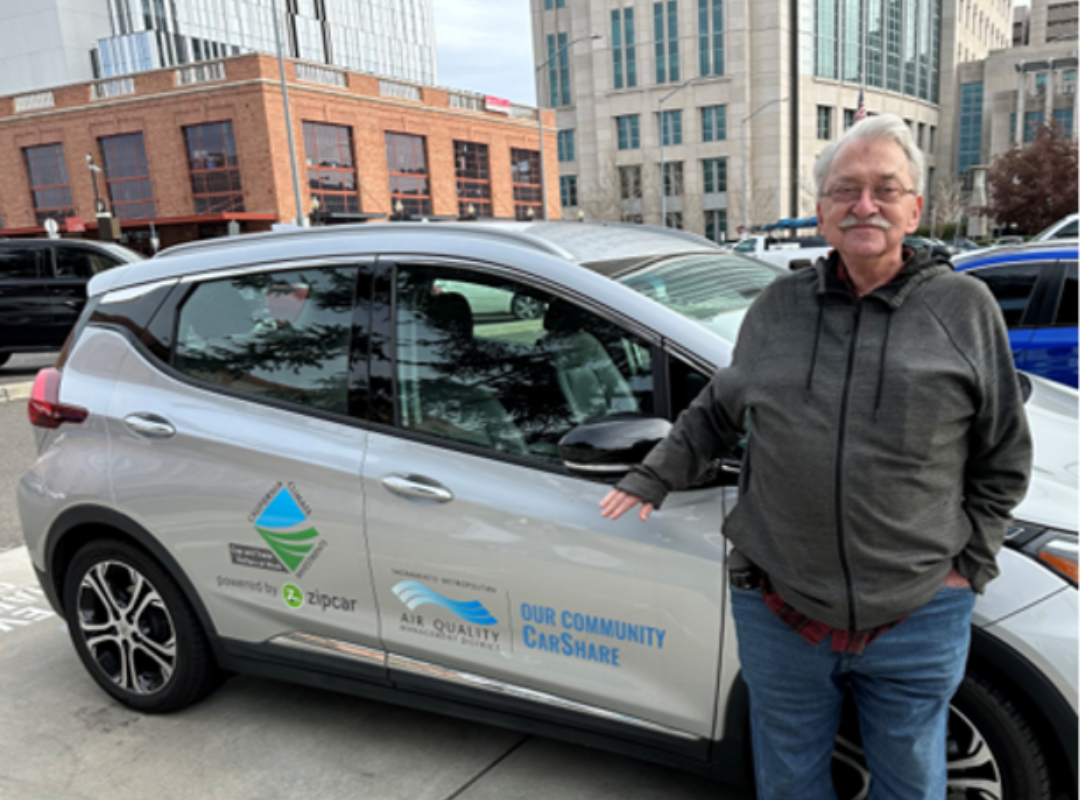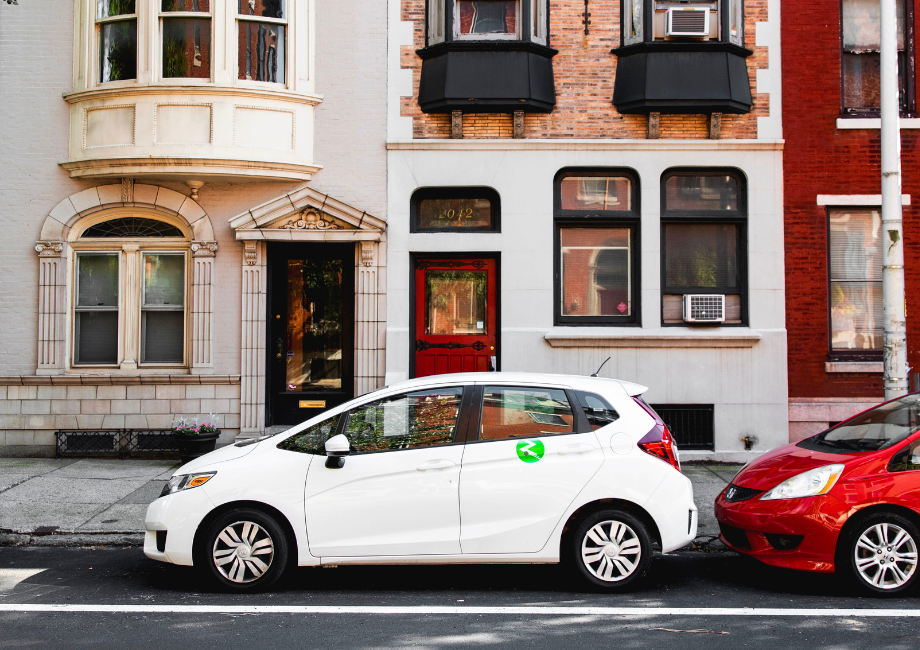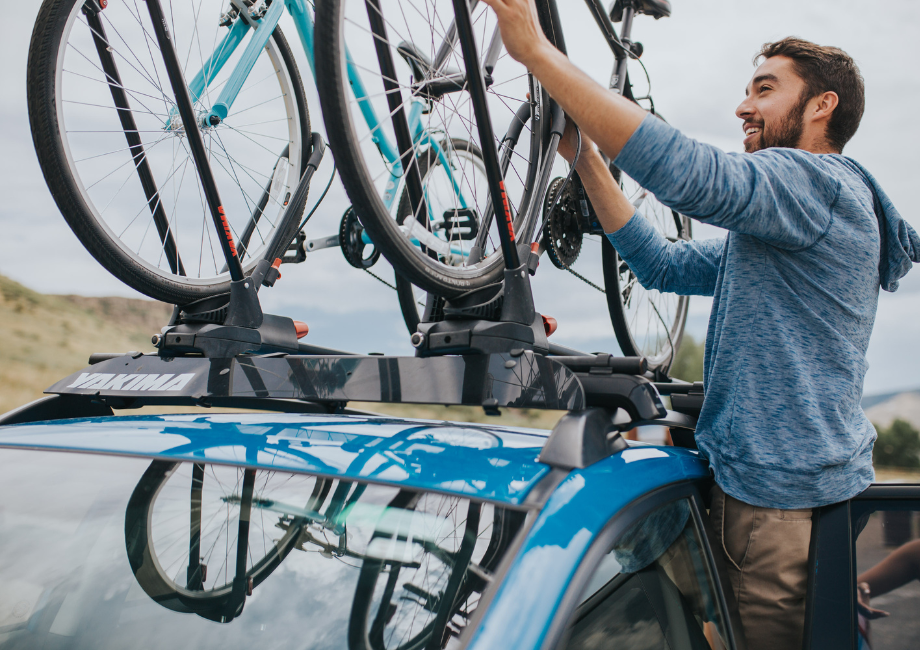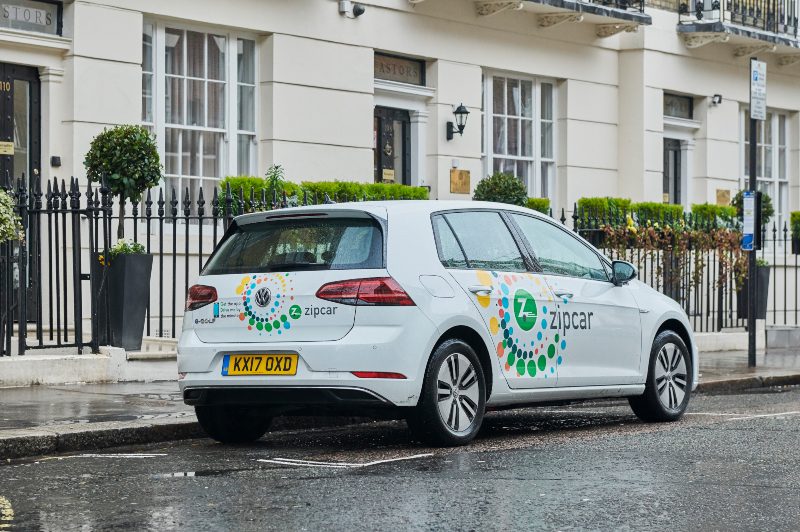Is Car Ownership Threatening the Future of Cities? New Zipcar Impact Report Sounds the Alarm
- Second annual report looks at covid-19 impacts on mobility and the critical role car-sharing services play in driving a more sustainable and equitable future for urban living.
An overwhelming 4 out of 5 American city residents say it’s now essential to have access to a car, with 41% having either purchased a vehicle in the last six months or considering it in part due to the pandemic. These newly released findings are from a nationally representative survey of urban dwellers from Zipcar and independent research firm Engine Insights. If nearly half of the driving-aged population in U.S. cities purchases a vehicle, the environmental impact will be catastrophic: that would be nearly 136 million new vehicles on our city streets. Furthermore, a societal emphasis on car ownership ultimately creates more inequities within our communities.
Zipcar president, Tracey Zhen, said:As we are navigating the pandemic alongside our neighbors, city leaders and policy makers, it’s become clear that we must continue to address the mobility challenges facing cities and their residents, to ensure that the progress inspired by Zipcar over the past 20 years is continued. Building a city of tomorrow around equitable access to transportation, instead of a reliance on individual car ownership, is critical. This particularly rings true amidst the economic climate our nation faces, with over 13.6 million Americans struggling to find work. Owning a car should not be a prerequisite for having access to work, nor should access to a car be cost prohibitive.
The impacts of car sharing on the environment and our communities is also clear. As shared in the latest Zipcar Impact Report, personally owned cars sit idle on city streets and in parking garages 95% of the time, taking up valuable land that could be used for green space, public parks and more. Thirteen personally owned cars are taken off the road for each Zipcar. In New York City alone, 85% of Zipcar members do not own or lease a car after joining Zipcar. In the city, one shared car serves up to 80 members – proof that car ownership is not required to access one.
Zhen, said:Our vision is a future where the number of people who share a car outnumber the people who personally own one. Car sharing is proven to enable affordable access, maximize the use of shared space for all, and make streets safer, less crowded, and less polluted.
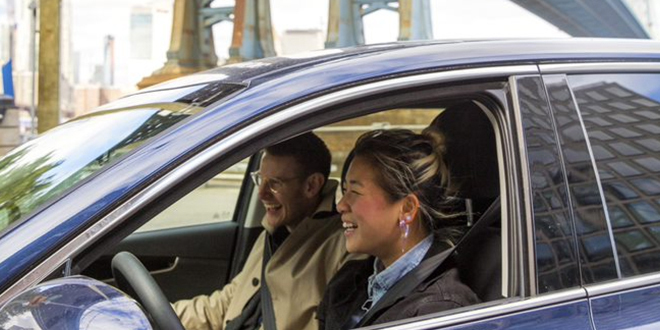
The report explores several areas of social and environmental impact that car sharing has had to-date on cities and urban dwellers, including:
Car Sharing Encourages a Multi-Modal Lifestyle:
- Most Zipcar trips start with a walk to the vehicle pick up location (85%), or a train ride (35%), or a bike/scooter (10%).
- 60% of Zipcar members take transit at least twice a week and 55% at least five times a week.
- Members turn to Zipcar for longer, purpose-driven trips, with an average trip length of 52 miles and nearly 9 hours.
- Most common trips for Zipcar members are out of town trips, visits with family and friends, grocery shopping and errands.
Car Sharing Increases Access Without the Cost, Hassle of Car Ownership:
- 40% of Zipcar members say they can affordably reach essential destinations like school and work with Zipcar.
- 60% of Zipcar members feel empowered to be themselves and move independently.
- Zipcar members save about $633 a month compared to car owners by avoiding traditional out-of-pocket expenses associated with car ownership like parking, insurance, and maintenance.
- Annually, Zipcar members save a total of $7.6 billion over the cost of owning a car
Car Sharing Provides a Socially Responsible, Sustainable Mobility Solution
- Each Zipcar serves 50-80 members, which results in fewer cars, less parking, and more land for people, housing, and open space.
- Roundtrip car-sharing members drive 40% fewer miles than they did before joining Zipcar.
- Car-sharing members reduce their carbon footprint by up to 1,600 pounds per year.
- If car sharing weren’t available, members would drive 26% more than they currently do.
Despite the pandemic, requests for new Zipcar memberships have risen consistently week over week. A recent internal survey of Zipcar members showed that after biking and walking, members considered Zipcar to be the transportation option they were most comfortable using. For the safety of the community and employees, Zipcar has implemented enhanced cleaning protocols and products and encourages all members to take the right personal steps to ensure they remain safe.
The Zipcar community is made up of more than one million members worldwide, including 4,000 business partners, nearly 30 non-profit partners and 500 university campus communities. Members enjoy all the benefits of having a car without the cost and hassle of owning one.
This article was originally published by Zipcar.

